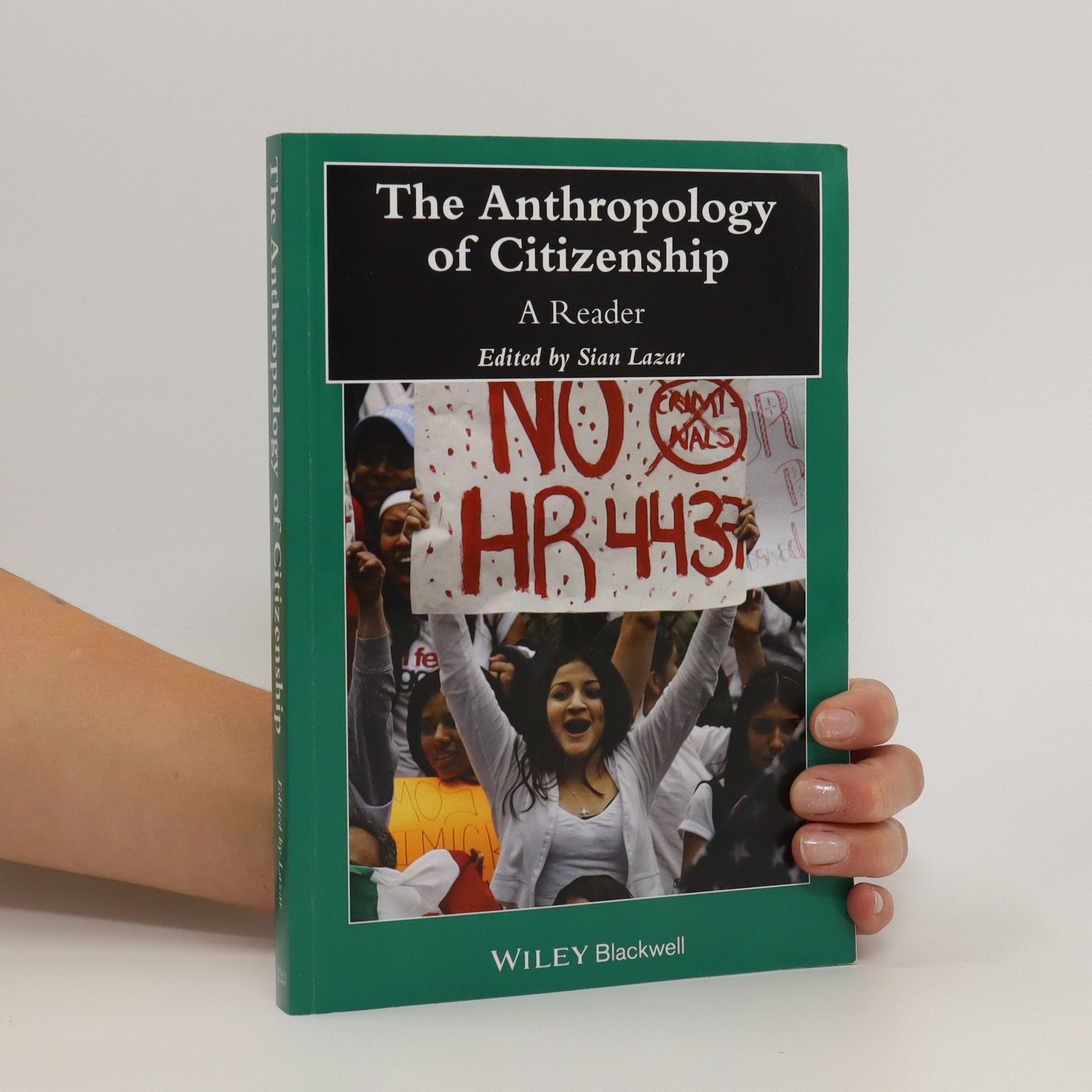The Anthropology of Citizenship introduces the theoretical foundations of and cutting edge approaches to citizenship in the contemporary world, in local, national and global contexts. Key readings provide a cross-cultural perspective on citizenship practices, and an individual citizen’s relationship with the state.
Sian Lazar Livres


A comparative, ethnographic approach to the question of labour struggles and workers' political agency